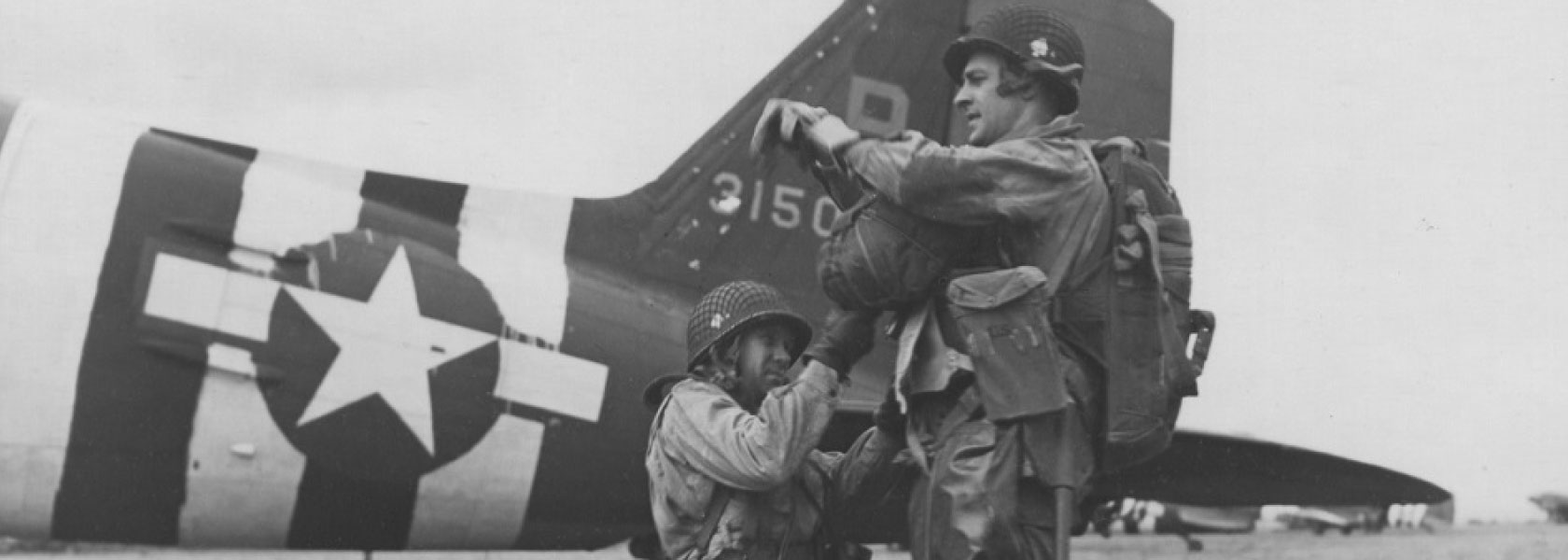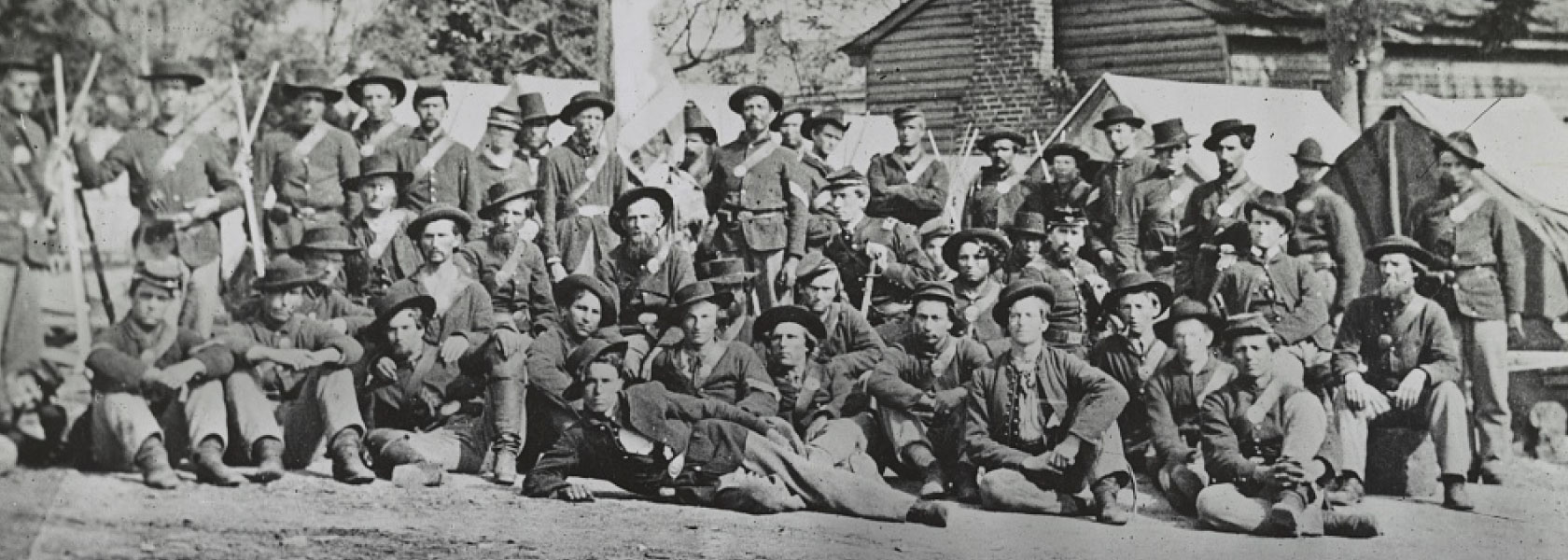
Army Trails
Explore Our Army TrailsNews and Articles
View Our News & Articles- visit
- exhibits
- army trails
- public programs
- education
- events
- news
- about
- get involved
Back
Visit the Museum
Plan Your Visit
Back
Back
Back
Programs & Education
Learning Opportunities
Back
Back


 Known as Victory in Europe (V-E) Day, May 8, 1945 marked the conclusion of World War II operations in Europe. The Allied forces, through immense sacrifice and unwavering determination, liberated Europe.
Known as Victory in Europe (V-E) Day, May 8, 1945 marked the conclusion of World War II operations in Europe. The Allied forces, through immense sacrifice and unwavering determination, liberated Europe.